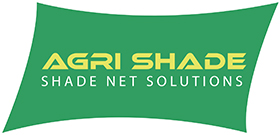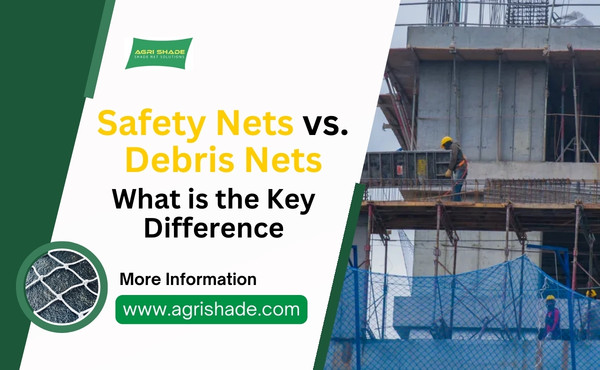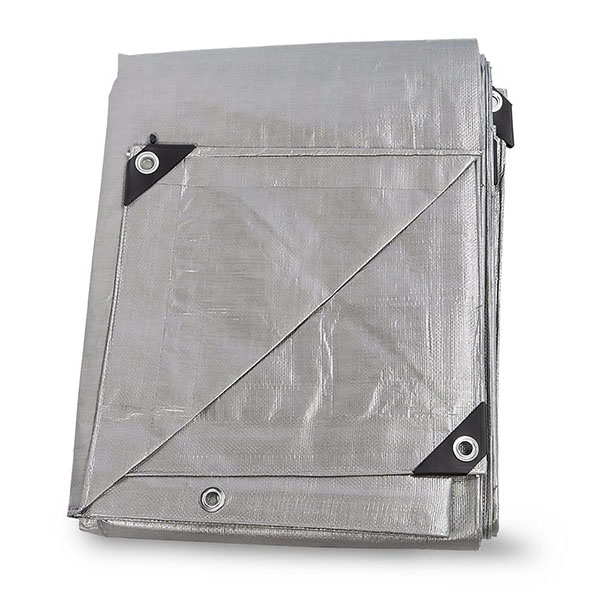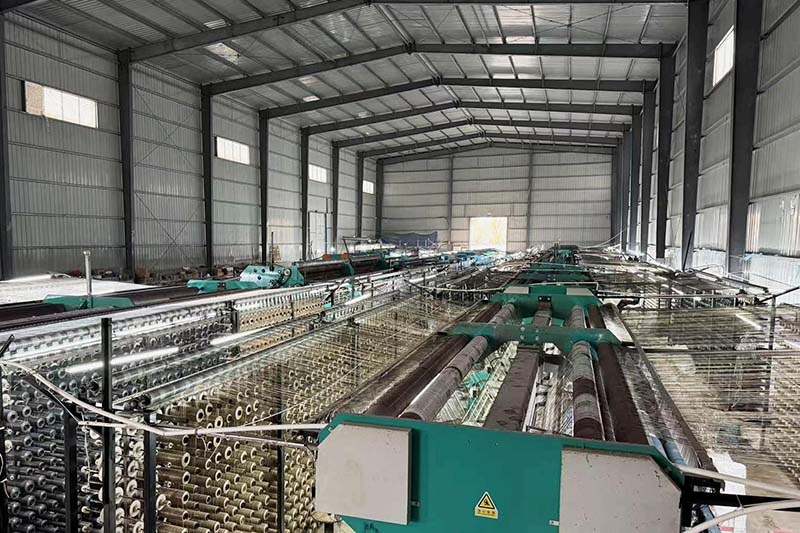A pool cover does more than keep water clean—it protects children, pets, and anyone near the pool from accidents. Mesh, solid, automatic, and solar covers offer varying levels of safety, debris prevention, and convenience. Understanding the features and benefits of each type helps homeowners ensure maximum protection, maintain water quality, and simplify pool care.
This guide explains which pool covers provide the highest level of safety and reliability for families year-round.
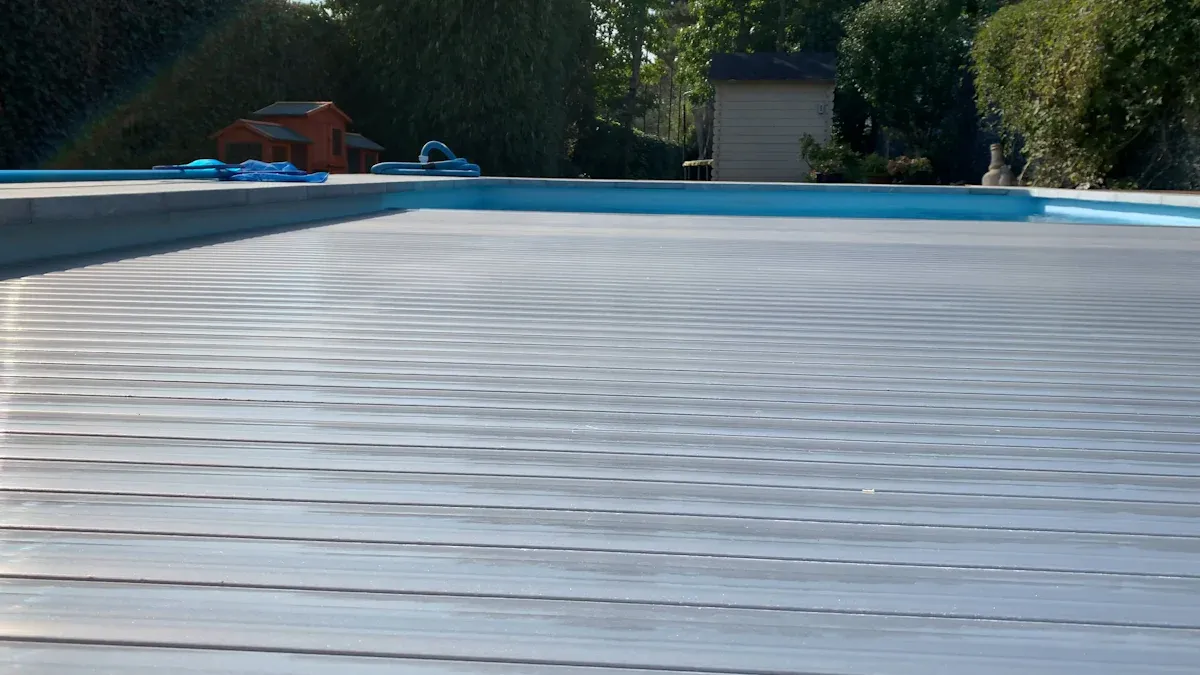
Defining Pool Protection
Safety
Safety stands as the most important factor when choosing a pool cover. A secure cover prevents children and pets from falling into the water. Many families rely on covers that meet strict safety standards to reduce the risk of accidents.
Debris Prevention
A pool cover helps keep leaves, dirt, and insects out of the water. Clean water means less time spent on maintenance and fewer chemicals needed. Some covers block almost all debris, while others allow small particles to pass through.
Durability
Durability measures how well a cover stands up to weather and regular use. Strong materials resist tearing, fading, and damage from sunlight. A durable pool cover can last for many seasons, saving money over time.
Ease of Use
Ease of use affects how often people actually use their pool cover. Lightweight covers or automatic systems make covering and uncovering the pool simple. When a cover is easy to handle, pool owners are more likely to use it every day.
Types of Pool Covers
Mesh Covers
Mesh pool covers use strong woven material. They allow rainwater to pass through while blocking leaves and larger debris. Many families choose mesh pool covers because they offer safety and easy water drainage.
Mesh pool covers often meet safety standards. They prevent children and pets from falling into the pool. These covers also reduce the risk of standing water, which helps prevent mosquito breeding.
Tip: Mesh pool covers work well in areas with heavy rainfall. They keep pools cleaner without collecting water on top.
Solid Covers
Solid pool covers use a heavy, non-permeable material. They block all water, dirt, and sunlight from entering the pool. This type of pool cover keeps the water very clean and reduces algae growth.
Solid pool covers provide a strong barrier for safety. They work best for pool owners who want maximum cleanliness. However, they may require a pump to remove rainwater from the surface.
Automatic Pool Covers
Automatic pool covers use a motorized system to open and close with the push of a button. These covers offer the highest level of safety and convenience. Many families choose automatic pool covers for daily use.
Automatic pool covers create a tight seal over the pool. They block debris and help maintain water temperature. Automatic pool covers also prevent accidental entry by children and pets.
Note: Automatic pool covers save time and effort. They encourage pool owners to use their cover every day.
Solar Covers
Solar covers look like large sheets of bubble wrap. They float on the water and trap heat from the sun. This type of pool cover helps warm the pool and reduce evaporation.
Solar covers do not provide strong safety protection. They block some debris but do not support weight. Pool owners use solar covers mainly for energy savings.
Water Bag Covers
Water bag covers use a large tarp held in place by water-filled bags. This type of pool cover blocks debris and sunlight. Water bag covers work best for winterizing pools.
They do not offer much safety protection. Water bag covers can be heavy and hard to move. Pool owners often use them for seasonal coverage.
In summary, the main types of pool covers each offer unique benefits. Mesh pool covers and automatic pool covers stand out for safety and ease of use. Solid pool covers excel at keeping pools clean.
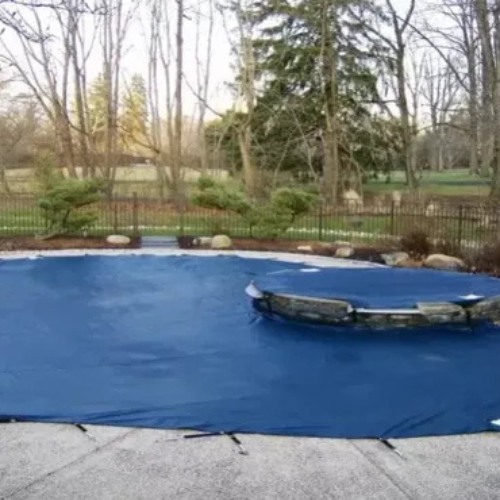
Comparing Safety Pool Cover Options
Safety Comparison
Safety remains the top priority for many pool owners. Mesh covers and solid covers both act as barriers that help prevent accidents and reduce the risk of drowning. Automatic pool covers provide the highest level of protection because they seal the pool completely and support the weight of children or pets.
A safety pool cover must meet strict standards. Mesh and solid covers often meet these requirements. Solar covers and water bag covers do not prevent drowning and should not be used for safety.
Tip: Always check if a pool cover meets ASTM safety standards before purchase.
Debris and Cleanliness
Solid covers block all debris, including leaves, dirt, and insects. This feature keeps the pool water clear and reduces the need for cleaning. Mesh covers allow rainwater to pass through but still block larger debris.
Automatic pool covers also keep out most debris. Solar covers and water bag covers offer less protection against dirt and leaves. Cleanliness improves when pool owners use a cover that fits tightly and blocks sunlight.
| Cover Type | Debris Blocking | Cleanliness Level |
|---|---|---|
| Mesh Cover | Good | Moderate |
| Solid Cover | Excellent | High |
| Automatic Cover | Excellent | High |
| Solar Cover | Fair | Low |
| Water Bag Cover | Good | Moderate |
Weather and Durability
Weather can damage a pool cover over time. Mesh covers handle heavy rain well because water drains through them. Solid covers resist sunlight and block water, but they may need a pump to remove standing water.
Automatic pool covers use strong materials and last for many years with proper care. Solar covers wear out faster due to sun exposure. Water bag covers can tear or shift during storms.
Note: Durable covers save money by lasting longer and protecting the pool in all seasons.
Maintenance
Maintenance needs vary by cover type. Mesh covers require less effort because rainwater drains through, but owners must remove fine debris. Solid covers need pumps to remove water, which adds a step to maintenance.
Automatic pool covers need regular cleaning and occasional servicing of the motor. Solar covers are easy to remove but do not keep the pool clean. Water bag covers can be heavy and hard to manage, especially when filled with water.
A pool cover that is easy to maintain encourages regular use. This habit helps prevent accidents and keeps the pool in good condition.
Best Pool Cover for Protection
Top Recommendation
Automatic pool covers offer the best overall protection for most pool owners. These covers combine strong safety features with excellent debris blocking. They also provide convenience, making it easy to cover the pool every day.
A pool cover that closes automatically creates a secure barrier. This feature helps prevent accidents involving children or pets. Automatic covers also keep the pool water clean by blocking leaves, dirt, and insects.
Note: Many families choose automatic pool covers because they deliver both safety and cleanliness with minimal effort.
When to Choose Mesh Covers
Mesh covers work well for families who live in areas with heavy rain or snow. These covers allow water to drain through while blocking larger debris. Mesh covers also meet safety standards and prevent accidental entry.
Some pool owners prefer mesh covers because they are lighter and easier to handle. These covers do not collect standing water, which reduces the risk of mosquitoes. Mesh covers provide reliable safety and keep most debris out of the pool.
Tip: Mesh covers suit those who want a balance between safety and easy maintenance.
When to Choose Solid Covers
Solid pool covers provide the highest level of cleanliness for pool water. These covers block all sunlight, water, and debris from entering the pool. Solid pool covers also help reduce algae growth by keeping out light.
Families who want to minimize cleaning often select solid pool covers. These covers offer strong safety features and can support the weight of children or pets. Solid pool covers work best in areas with lots of leaves or dust.
Some pool owners use a pump to remove rainwater from the top of solid pool covers. This step keeps the cover in good condition and prevents water from collecting. Solid pool covers last for many seasons when cared for properly.
| Pool Cover Type | Best For | Key Benefit |
|---|---|---|
| Automatic | Families, daily use | Maximum safety & ease |
| Mesh | Rainy climates, easy handling | Water drainage |
| Solid | Cleanliness, high debris areas | Blocks all debris |
Choosing the right pool cover depends on the owner’s priorities. Automatic covers lead in safety and convenience. Solid pool covers excel in keeping water clean and safe.
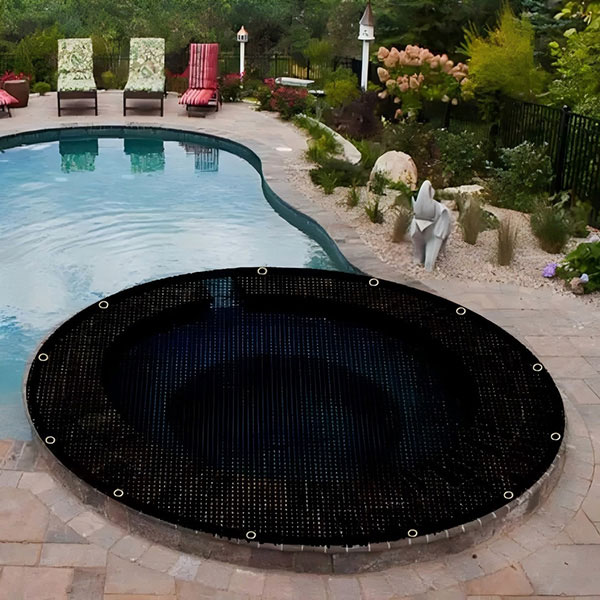
Other Considerations
Cost
Pool owners often compare the price of different covers before making a decision. A winter pool cover usually costs less than an automatic system, but prices vary based on size and material. Some covers offer energy savings by reducing heating costs, which can help offset the initial expense.
Tip: Investing in a quality winter pool cover can lead to long-term energy savings and lower maintenance bills.
Installation
Installation methods differ for each type of cover. Many winter pool cover options require manual setup, which takes time and effort. Automatic covers need professional installation, while solar covers and water bag covers can be installed by the owner.
| Cover Type | Installation Difficulty | Professional Needed |
|---|---|---|
| Winter pool cover | Moderate | No |
| Automatic | High | Yes |
| Solar | Easy | No |
| Water Bag | Moderate | No |
A winter pool cover often comes with clear instructions, making the process easier for most people.
Convenience
Convenience plays a key role in daily pool care. Automatic covers provide the most convenience because they open and close with a button. A winter pool cover needs to be removed and replaced manually, which can take extra time.
Energy savings increase when pool owners use covers regularly. Solar covers offer some energy savings but do not protect as well as a winter pool cover. Choosing a cover that fits the owner’s routine helps maximize energy savings and pool protection.
Conclusion
The right pool cover provides both safety and convenience, keeping children, pets, and pools protected while reducing maintenance needs. Automatic covers offer the highest level of protection and ease of use, while mesh and solid covers provide strong safety and debris prevention in different climates and conditions.
By focusing on durability, security, and daily usability, homeowners can maintain a cleaner, safer pool and enjoy peace of mind all year.
